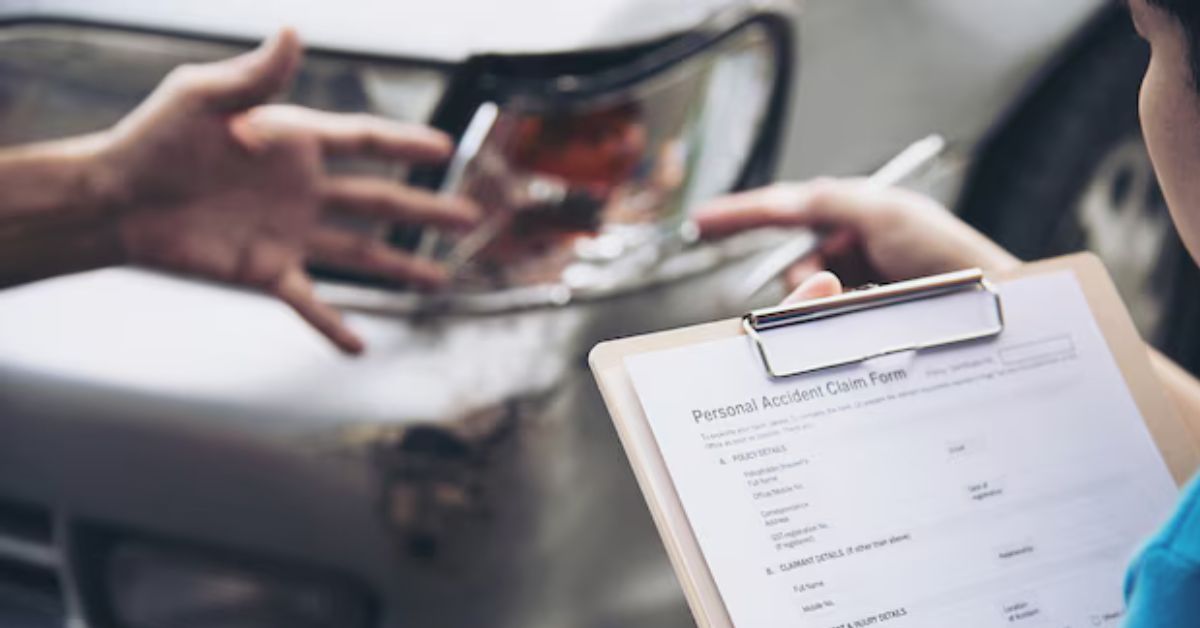Navigating car accident claims involves understanding liability, gathering evidence, and communicating with insurance companies. Prompt reporting, medical documentation, and legal guidance can strengthen a case. Negotiating settlements or pursuing legal action may be necessary for fair compensation. Awareness of rights, deadlines, and procedures ensures a smoother claims process, reducing stress and maximizing recovery after an accident.
Introduction
Car accidents are an unavoidable part of life for many road users. Whether you’re a seasoned driver or new to the road, knowing how to handle an accident claim can help you recover quickly and efficiently. It’s crucial to enter this process with the proper knowledge to secure a just resolution. This guide shares insights to help drivers navigate car accident claims effectively, emphasizing the importance of preparedness and detailed understanding. With this knowledge, you can handle the fallout from an accident more effectively, safeguarding your rights and guaranteeing a quicker recovery. Learn more at https://sloanlawkc.com/car-accident-lawyer/.
The Reality of Car Accidents
With roads bustling with vehicles, the likelihood of accidents is an ongoing reality. The National Safety Council reports that millions suffer accidents annually, with enormous repercussions. Beyond property damage, accidents contribute to significant emotional and financial stress. The ripple effect of such incidents extends far, affecting families and communities. Survivors often face lasting trauma, not only from injuries but also from the daunting process of insurance claims and legal battles. Understanding these dynamics underscores the importance of being prepared for any eventuality on the road.
Immediate Steps to Take After an Accident
Ensure Safety First
Your immediate priority post-accident should be safety. Inspect everyone for injuries, and if necessary, contact emergency services immediately. Even minor accidents deserve professional attention, as injuries like whiplash or internal bleeding might not manifest immediately. Securing the scene ensures that everyone receives timely medical intervention, which is crucial for recovery and is a pivotal step in setting up a strong foundation for subsequent claims.
Gathering Evidence
Gathering evidence immediately post-accident is imperative. Photos of the scene, vehicle positions, and any visible injuries help document the incident accurately. This visual documentation empowers your claim by providing clear, unbiased evidence that supports your account. Remember that what seems insignificant might later emerge as vital information in negotiations with insurance companies.
Gathering and Organizing Essential Information
A detailed record of the incident is indispensable. Capture the accident’s time, location, and circumstances. Additionally, contact and insurance information must be collected from all individuals involved. Witness statements can further bolster your claim, providing third-party perspectives reinforcing your narrative. With organized, detailed information, negotiating and resolving disputes with insurers becomes a less convoluted task, providing you with a firmer footing when seeking fair compensation.
The Claims Process Explained
The complexity of the claims process often leaves many overwhelmed. Initiate contact with your insurance provider promptly to report the incident. Early reporting kickstarts the claims process and ensures compliance with policy requirements. Typically, claims involve multiple steps, including assessments, negotiations, and, potentially, settlements. Understanding that the process may take weeks or longer is critical for managing expectations and maintaining patience through a drawn-out resolution phase.
Common Pitfalls and How to Avoid Them
Document Everything
Documentation is your ally when handling claims. Failures in documenting events can severely impact your claim. Delays in medical assessments or repair evaluations might paint an inaccurate picture, undermining your credibility. Ensure that every step, from initial medical assessment to later developments in your recovery or repair process, is well-documented to prevent insurers from disputing the legitimacy or extent of your claims.
The Role of Legal Assistance
When involved in accidents involving multiple parties or significant injuries, legal help becomes indispensable. Attorneys specializing in car accidents provide vital support, ensuring our rights remain protected. They act as navigators, guiding victims through complex legal landscapes and offering expertise in obtaining fair compensation. Legal representatives can negotiate more favorable terms or settlements due to their familiarity with legal precedents and procedural nuances.
Conclusion
Being informed and prepared can dramatically influence outcomes after a car accident. Understanding the claims process and leaning on professional expertise when necessary can help individuals maneuver through claims more effectively. Perspectives from the National Highway Traffic Safety Administration stress how safe driving and informed responses can significantly enhance personal and community safety. This proactivity simplifies the claims process and fosters a safer road environment for all drivers.
Read Also: Why Dinosaur National Monument is a Must-See for History and Nature Lovers

